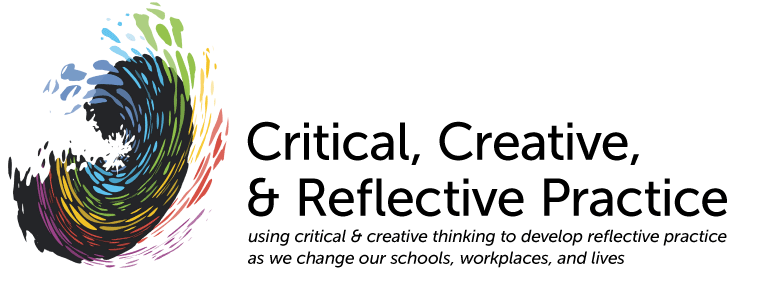Processes of Research and Engagement
This course at UMass Boston is designed for Masters and Doctoral students from a wide range of interests to develop their research and writing with a view to undertaking the M.A. capstones and theses or doctoral dissertations on a very wide range of topics. Three distinctive features of the course are:
1.
A framework of ten phases of research and engagement that the students move through, then revisit in light of: a) other people's responses to what they share with them; and b) what they learn using tools from the other phases. This sequence and iteration allows students to define projects in which they take their personal and professional aspirations seriously, even if that means letting go of preconceptions of what they “ought” to be doing. During the course, the students are introduced to range of tools for each phase, then practice using those tools in class and in submissions. A library of previous students’ submissions illustrates the different ways these tools can be taken up.
2.
Dialogue around written work—written and spoken comments on each installment of a project and successive revision in response—which allows me to accumulate a portfolio for each student in each course that facilitates generative interactions with students even when I am not an expert in their areas. By “generative” I mean students bring to the surface, form, and articulate their ideas.
3.
Making space for taking initiative in and through relationships: “in building horizontal peer relationships, in negotiating power/standards, in acknowledging that affect is involved in what you're doing and not doing (and in how others respond to that), in clearing away distractions from other sources (present and past) so you can be here now… Don't expect to learn or change—or to teach—without jostling among the five aspects.”
